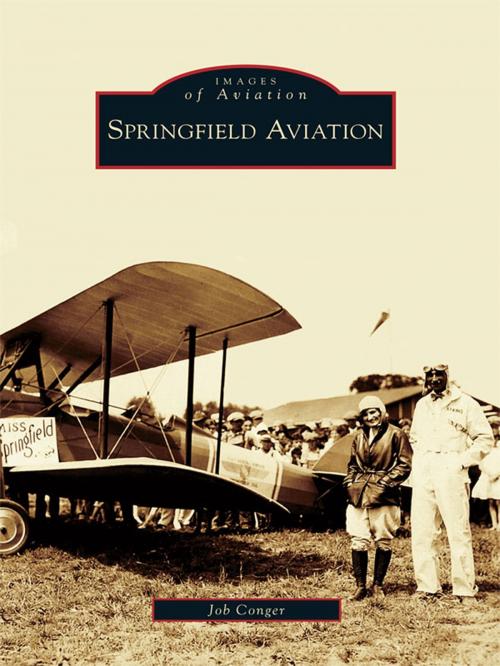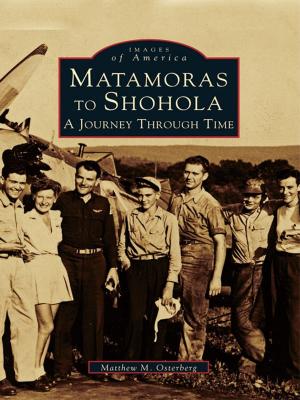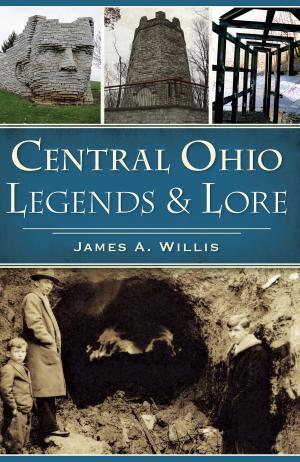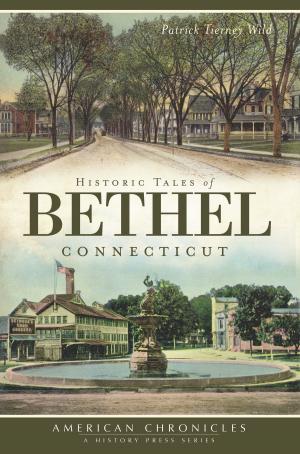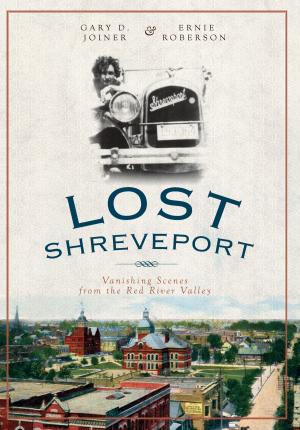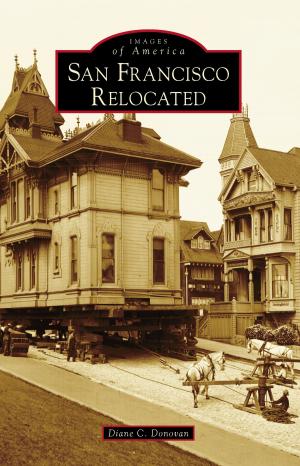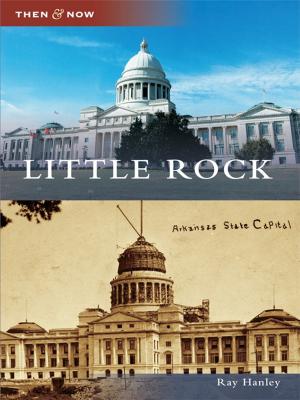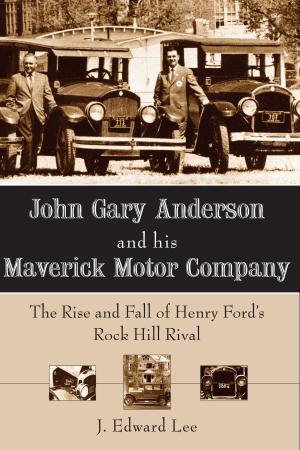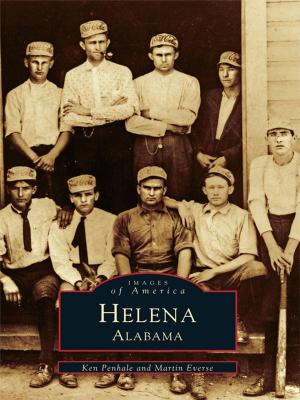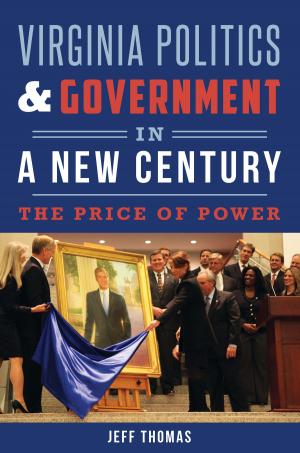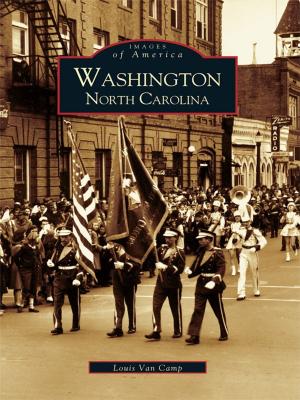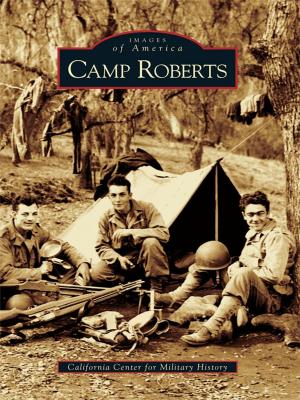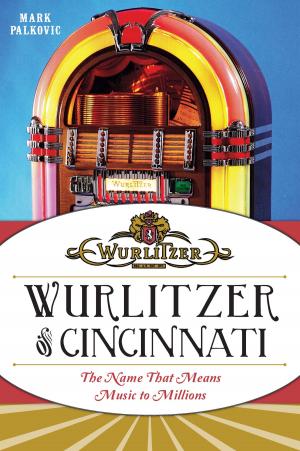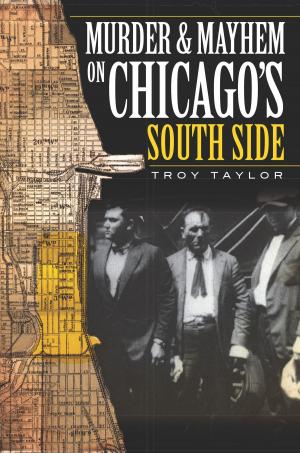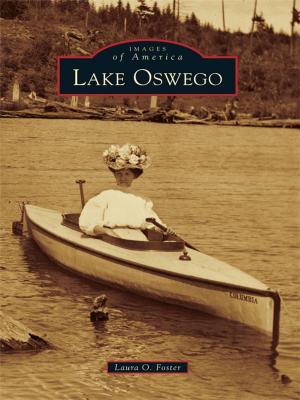Springfield Aviation
Nonfiction, Reference & Language, Transportation, Aviation, Commercial, History, Art & Architecture, Photography| Author: | Job Conger | ISBN: | 9781439636848 |
| Publisher: | Arcadia Publishing Inc. | Publication: | September 15, 2008 |
| Imprint: | Arcadia Publishing | Language: | English |
| Author: | Job Conger |
| ISBN: | 9781439636848 |
| Publisher: | Arcadia Publishing Inc. |
| Publication: | September 15, 2008 |
| Imprint: | Arcadia Publishing |
| Language: | English |
Citizens of Springfield first witnessed human flight, a balloon ascent, on July 5, 1858. In 1861, the capital city�s most famous resident, Abraham Lincoln, then residing in the White House, authorized the creation of the first U.S. �air force,� a balloon to observe Confederate troops. Springfield�s interface with aviation has been a steady stream of hot-and-cold-running enthusiasm since airplanes began flying from the state fair racetrack infield about 1910. Springfield Aviation chronicles that flow and concludes with photographs from Abraham Lincoln Capital Airport in early 2008. It presents photographs of memorable airplanes, airships, and prominent aviators from the author�s extensive collection, augmented by contributions from Springfield Airport Authority, Lincoln Library�s Sangamon Valley Collection, and many others.
Citizens of Springfield first witnessed human flight, a balloon ascent, on July 5, 1858. In 1861, the capital city�s most famous resident, Abraham Lincoln, then residing in the White House, authorized the creation of the first U.S. �air force,� a balloon to observe Confederate troops. Springfield�s interface with aviation has been a steady stream of hot-and-cold-running enthusiasm since airplanes began flying from the state fair racetrack infield about 1910. Springfield Aviation chronicles that flow and concludes with photographs from Abraham Lincoln Capital Airport in early 2008. It presents photographs of memorable airplanes, airships, and prominent aviators from the author�s extensive collection, augmented by contributions from Springfield Airport Authority, Lincoln Library�s Sangamon Valley Collection, and many others.
